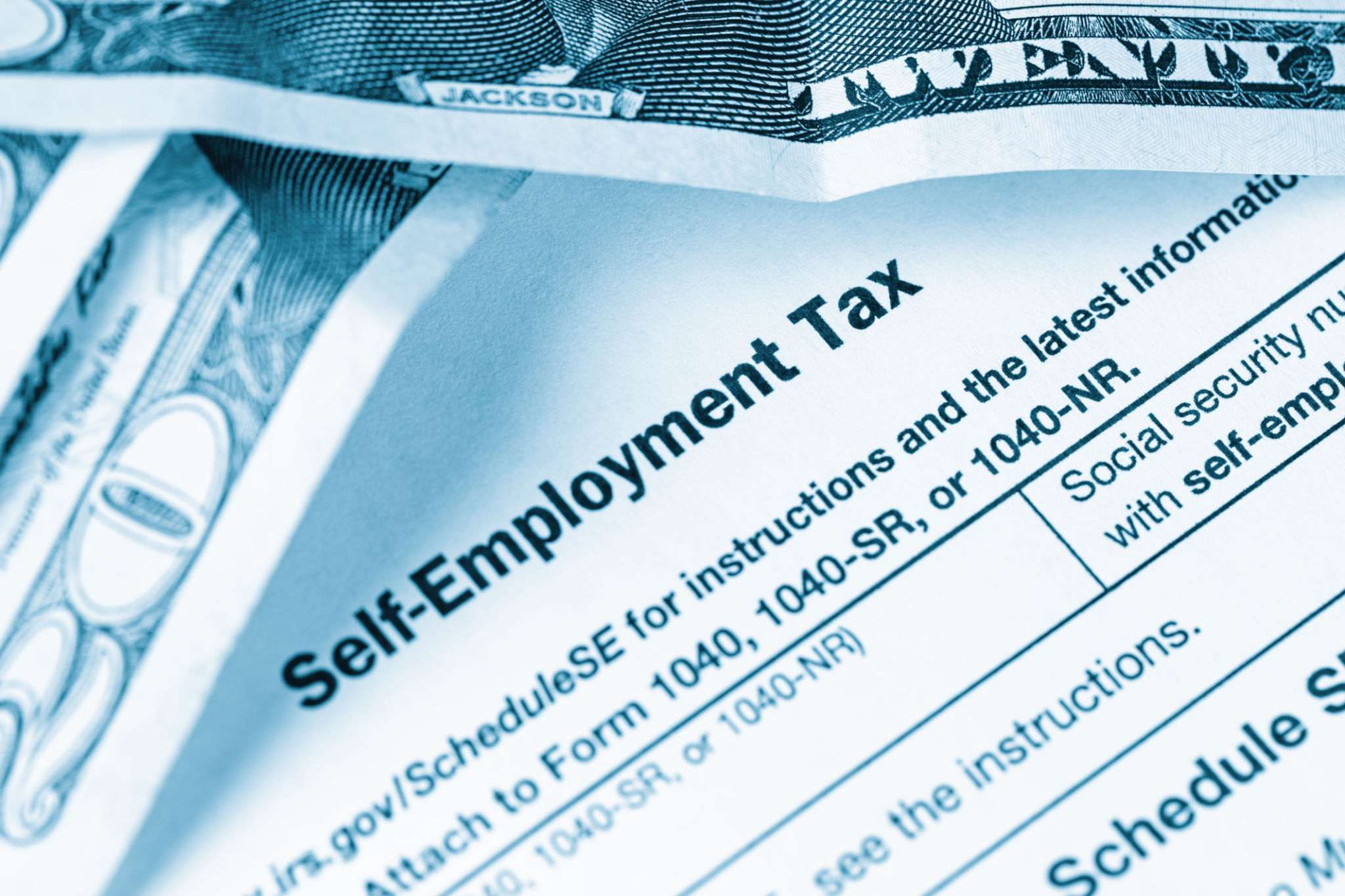Expert Insights: Common Tax Misconceptions Debunked
Understanding Tax Deductions and Credits
One of the most common misconceptions about taxes is the difference between deductions and credits. While both can reduce your tax bill, they do so in different ways. A tax deduction reduces your taxable income, which in turn lowers the amount of taxes you owe. On the other hand, a tax credit directly reduces the amount of tax you owe, often resulting in a more significant reduction than a deduction.
For example, if you are in the 22% tax bracket, a $1,000 tax deduction saves you $220 on your taxes. However, a $1,000 tax credit saves you the full $1,000. Misunderstanding this difference can lead to underutilizing available credits that might significantly lower your tax bill.

Filing Status Myths
Another common misconception revolves around filing status. Many people assume that filing as "Single" is the simplest and most beneficial option if they are unmarried. However, if you qualify as "Head of Household," you might benefit from a lower tax rate and a higher standard deduction. This status is applicable if you are unmarried and pay more than half the cost of keeping up a home for yourself and a qualifying person.
Similarly, married couples often assume that they should file jointly to maximize benefits. While this is true in many cases, there are situations where filing separately could be beneficial, such as if one spouse has significant medical expenses or miscellaneous deductions.

The Self-Employment Tax Puzzle
Self-employed individuals often face confusion regarding self-employment taxes. A common myth is that being self-employed means paying significantly more in taxes. While it is true that self-employed individuals are responsible for both the employer and employee portions of Social Security and Medicare taxes, they can also take advantage of various deductions specific to self-employment.
For instance, self-employed individuals can deduct business expenses such as office supplies, travel, and even a portion of their home if they qualify for the home office deduction. Understanding these deductions can help mitigate the impact of self-employment taxes significantly.

Misunderstandings About Taxable Income
Many taxpayers mistakenly believe that certain types of income are not taxable. For example, while gifts are generally not taxable to the recipient, interest income from a bank account or dividends from investments are indeed taxable. It's crucial to understand which types of income are subject to taxes to avoid potential penalties or underpayment issues.
Additionally, some individuals think that receiving cash for work done under the table means it is not taxable. However, all income earned must be reported to the IRS, regardless of how it was received. Keeping accurate records of all income sources is essential for accurate tax filing.
State Taxes Confusion
Another area rife with misconceptions is state taxes. Many people assume that state taxes follow the same rules as federal taxes, but this is not always the case. Each state has its own tax laws and regulations, which can differ significantly from federal rules. It's important to understand your state's specific tax requirements to ensure compliance.
For example, some states do not have an income tax at all, while others may have unique deductions or credits not available federally. Consulting with a tax professional familiar with your state's laws can help you navigate these differences effectively.

